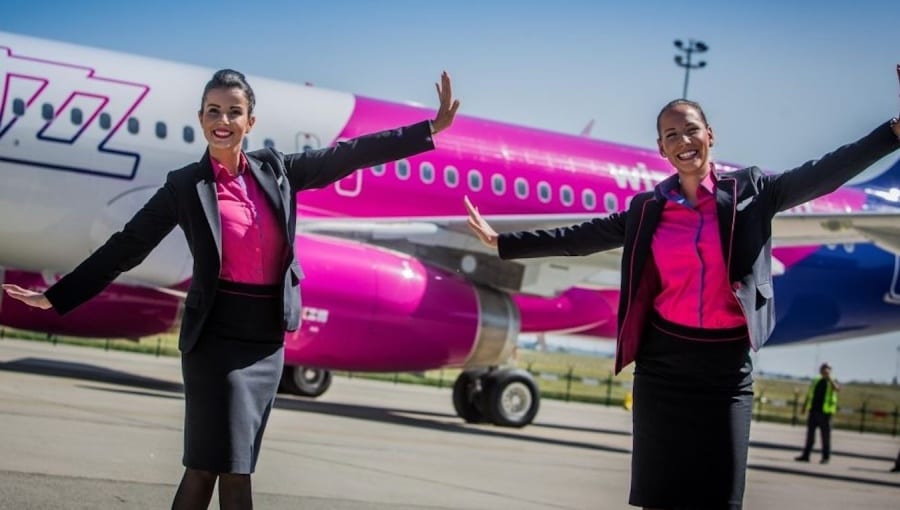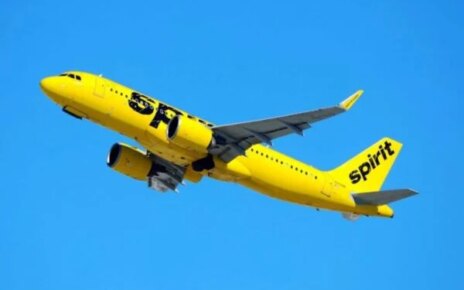Wizz Air has benefitted from providing ‘flexible tickets’ to mitigate ever-changing travel restrictions
After posting Q3 2021 financial results that showed a year-on-year revenue fall of 76.5% but increased ancillary revenue, Wizz Air has, once again, proven its ability to drive ancillary revenues: the lifeblood of the airline.
The company has proved it is resilient and reactive in its recovery approach, managing to achieve increases in ancillary revenue per passenger despite traffic levels being at an all-time low.
Pandemic-concerned passengers are more likely to purchase packages that include baggage and seat selection to ensure a safer journey. Further, flexibility is now expected, and Wizz Air has benefitted from providing ‘flexible tickets’ to mitigate ever-changing travel restrictions.
People who are eager to travel during the pandemic are often doing so to visit friends and relatives – a clear shift away from the idea of travelling for a ‘short break’. These pandemic travelers are more likely to purchase extras because they tend to travel with additional baggage such as gifts and food to take home. This could be a key market for the airline in the coming months. Even though Wizz Air’s reported total ancillary revenues decreased by 72.9% year-on year, there was a bright spot in these uncertain times as ancillary revenue per passenger increased by 19.5%.
The airline’s ambitious expansion plan remains very much in motion and could pay dividends. Since March 2020, the airline has opened a further 14 bases – in stark contrast to its competitors Ryanair and easyJet, who have both pulled out of some markets. This move could put the airline in a stronger position to rapidly expand post-COVID-19, and will help it become a more recognizable brand. The agile approach it has deployed is likely to benefit Wizz Air going forward.




